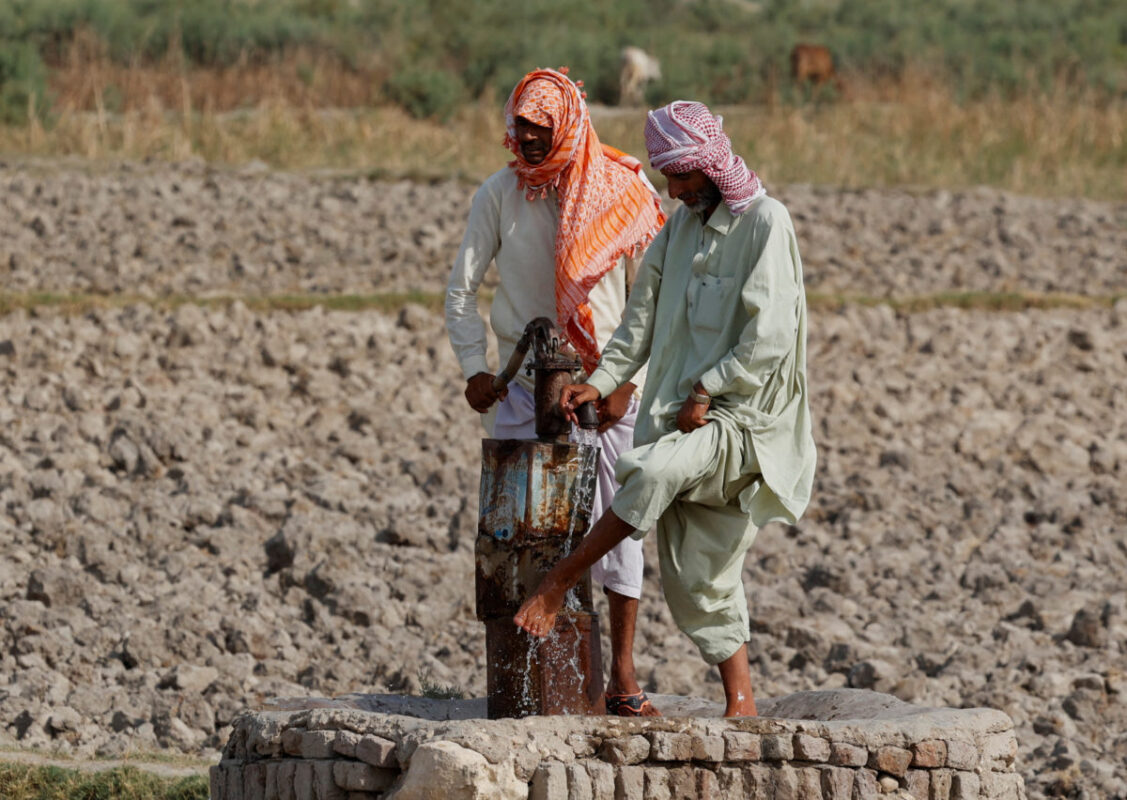In response to an intense heatwave attributed to climate change, hospitals across Pakistan treated numerous cases of heatstroke on Thursday. Temperatures soared to unprecedented levels, reaching 49 degrees Celsius (120 degrees Fahrenheit) in Mohenjo Daro the previous day. The city, famed for its archaeological sites, is located in southern Sindh province, which was severely affected by climate-induced monsoon rains and floods in 2022. The heatwave is expected to persist for at least a week.
Authorities have advised people to remain indoors, stay hydrated, and avoid unnecessary travel. However, laborers, compelled to work for their livelihoods, find themselves without a choice.
Pakistan ranks as the fifth most vulnerable country to the impacts of climate change. Rubina Khursheed Alam, the prime minister’s coordinator on climate, highlighted this vulnerability at a news conference in Islamabad.
Barakullah Khan, a civil defense official, warned against placing cooking gas cylinders in open areas for safety reasons. He also cautioned residents living near fields about the potential intrusion of snakes and scorpions seeking cooler environments.
Health officials report an influx of patients in hospitals across the country, with Lahore, Hyderabad, Larkana, and Jacobabad particularly affected. Emergency response centers have been set up to provide treatment, and the state-run ambulance service now carries bottled water and ice for immediate relief.
UNICEF expressed concern for the well-being of children amidst the heatwave. Sanjay Wijesekera, UNICEF regional director for South Asia, emphasized the need to protect and hydrate children to prevent heat-related illnesses.
The heatwave poses serious health risks, including heatstroke, which can lead to unconsciousness or even death. Pakistan has already experienced severe weather events this year, including the wettest April since 1961 and heavy rains that caused casualties and property damage.
The rise in temperatures, exacerbated by climate change, has heightened fears of flooding due to glacial melting in the northwest. The devastating floods of 2022 resulted in significant loss of life and property.
Authorities in Punjab have closed schools for a week, and in Lahore, some residents resorted to swimming in roadside canals to cope with the heat. Despite contributing minimally to global carbon emissions, Pakistan bears the brunt of climate disasters, underscoring the urgent need for international action on climate change.









